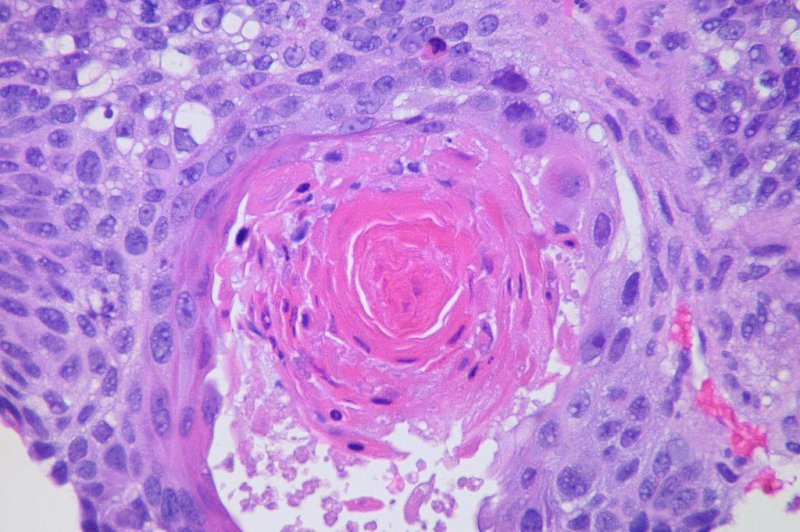Different lung cancer subtypes can determine which treatment methods will be more effective, researchers say. Photo by
Yale Rosen/Flickr
HOUSTON, Oct. 24 (UPI) -- Personalized therapies should be developed to target specific subtypes of lung cancer, researchers concluded in a study.
The study was conducted by scientists at the University of Texas Anderson Cancer. The authors examined molecular data from over 1,000 non-small cell lung cancers, and organized those cases into distinct classifications. Their findings were published in the journal Oncogene.
Scientists say personalizing lung cancer therapies based on the identified subtypes may help improve treatment.
"People may think of lung cancer as one disease, but lung cancer is a collection of diverse subtypes of cells and each subtype may respond differently to the same therapy," senior author Chad Creighton said in a press release.
During the study, the research team traced the complexity of cancerous tumors to the diversity of alterations involving tumor cells in addition to non-tumor cells that are part of the same microenvironment. The molecular data also identified which genes and proteins are expressed in the subtypes, providing clues as to which treatment methods would be more effective.
"Any two given lung cancers may have very different molecular profiles," Creighton continued. "One would have certain genes turned on and produce certain proteins while the other cancer would have different genes turned on and express different proteins. This would imply that one cancer subtype might be more vulnerable to specific therapies while the other might be more susceptible to other therapies."
The research team plans to continue analyzing the data, which has been provided by the Cancer Genome Atlas. Creighton says his team's future work will examine all forms of cancer.















